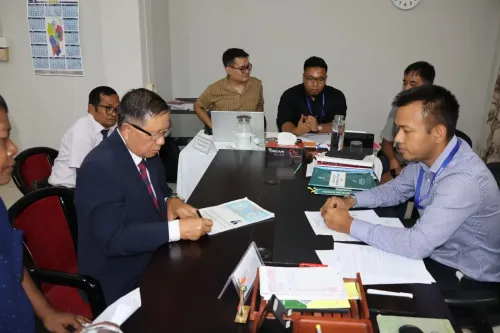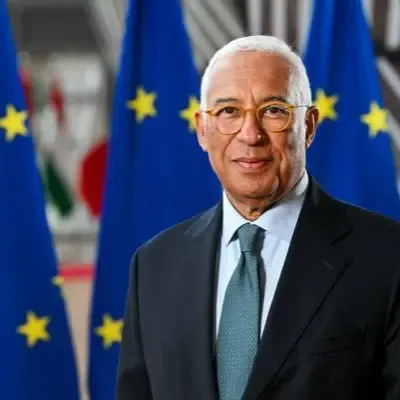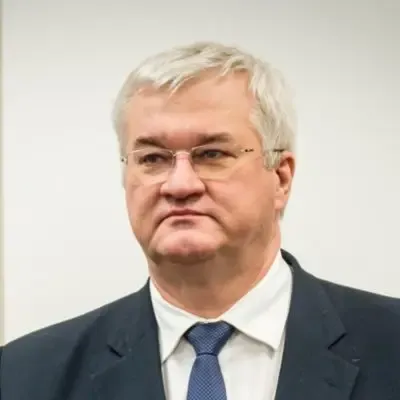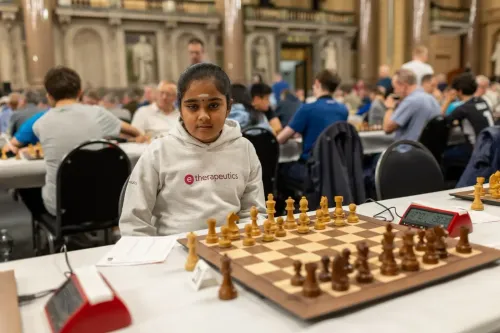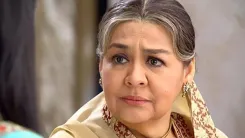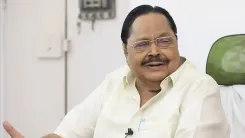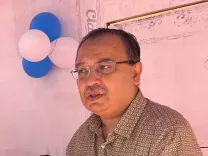How Has PM Modi Celebrated Diwali with Armed Forces for a Decade?
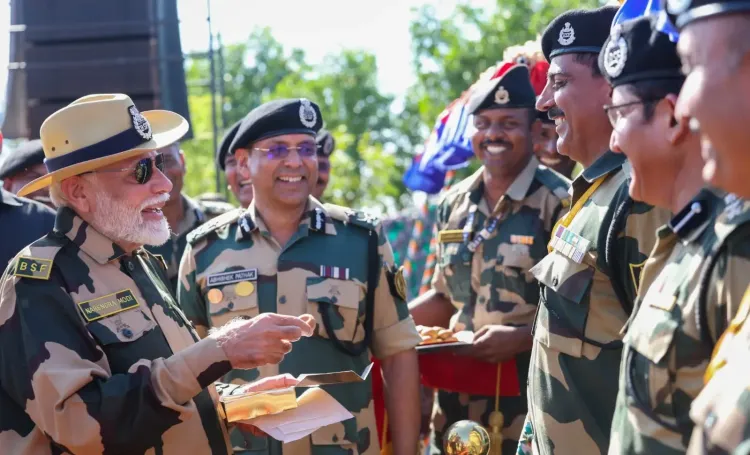
Synopsis
Key Takeaways
- PM Modi has made celebrating Diwali with armed forces a national tradition.
- This year, he celebrated aboard the INS Vikrant, emphasizing naval strength.
- His visits boost morale among soldiers at the frontlines.
- The practice started in Gujarat and has evolved over the years.
- Modi’s message emphasizes the soldiers as part of his family.
New Delhi, Oct 20 (NationPress) For over a decade, Prime Minister Narendra Modi has turned his Diwali celebration into a national tradition, opting to observe the festival of lights with the armed forces at the country’s most challenging frontiers, be it plains or mountains. This remarkable tradition reached new heights this year as the Prime Minister celebrated the festival aboard the INS Vikrant, India's first indigenously-built aircraft carrier, positioned off the coasts of Goa and Karwar on Monday.
While addressing the sailors and officers on the deck of the mighty warship, PM Modi reiterated the core message of his annual pilgrimage: That the men and women in uniform are his “family.”
“It has become a habit of mine to celebrate Diwali with my family, and that's why every year I come to celebrate Diwali with my family,” he expressed.
Painting a vivid picture of the indigenous carrier at sea, he remarked: “Today, on one side, I have infinite horizons and the infinite sky, and on the other side, I have this giant, INS Vikrant, embodying infinite powers.”
‘Always by your side’
The roots of this practice extend beyond his time as Prime Minister. It began in Gujarat in 2001 when he, as Chief Minister, chose to spend his inaugural Diwali in Kutch, a region recovering from a catastrophic earthquake. He deliberately chose the most challenging circumstances and the people in dire need of support, a principle he has maintained, as noted in a post on X by Modi Archive, a social media page chronicling PM Modi's life journey, including videos and audio recordings.
In 2009, still serving as Gujarat Chief Minister, his visit to Nathu La on the Indo-China border solidified his philosophy. His inscription in the visitor's book stated that the soldiers’ duty is not merely service but ‘sadhana’ (spiritual striving) and ‘tapasya’ (penance), concluding with the poignant promise: “Always by your side.”
“To the brave soldiers devoted to our Motherland, my warm Diwali greetings. It has been my privilege to celebrate Diwali with our jawans on the border. India is proud of you. Your duty is not just service; it is ‘sadhana’, it is ‘tapasya’. May the Almighty bless you and your families with happiness, peace, and fulfillment. Always by your side. Narendra Modi. Diwali. 16 October 2009,”
Diwali with armed forces on India's frontiers
Since 2014, PM Modi has consistently honored this commitment, making it a hallmark of his governance. Each visit is carefully selected, often targeting posts that symbolize the most challenging frontiers and strategic locations.
His first Diwali as Prime Minister in 2014 set a high benchmark, celebrated with troops at the Siachen Glacier, the world's highest battlefield. Subsequent years saw him visit sensitive border areas, including the Punjab border in 2015, the high-altitude post of Sumdoh near the China border in Himachal Pradesh in 2016, and the rugged terrain of the Gurez sector in North Kashmir in 2017.
He has also celebrated Diwali with the Defence forces in Harsil in Uttarakhand (2018), Rajouri in Jammu & Kashmir (2019), the legendary desert post of Longewala in Rajasthan (2020), Nowshera in Jammu and Kashmir (2021), Kargil in Ladakh (2022), Lepcha in Himachal Pradesh (2023), and Sir Creek in Gujarat (2024).
This year's visit to the INS Vikrant off the coasts of Goa and Karwar significantly expanded this tradition, highlighting the essential role of India’s naval strength and maritime security.
Major morale booster for armed forces
This tradition established by PM Modi serves numerous purposes beyond mere symbolism. It acts as a substantial morale booster for the armed forces, fostering a sense of genuine connection from the nation’s highest office to the individual soldier standing guard in the most remote locations. By sharing the warmth of the festival in cold, isolated outposts or on the high seas, he effectively brings the “family” of the entire nation to the border.

